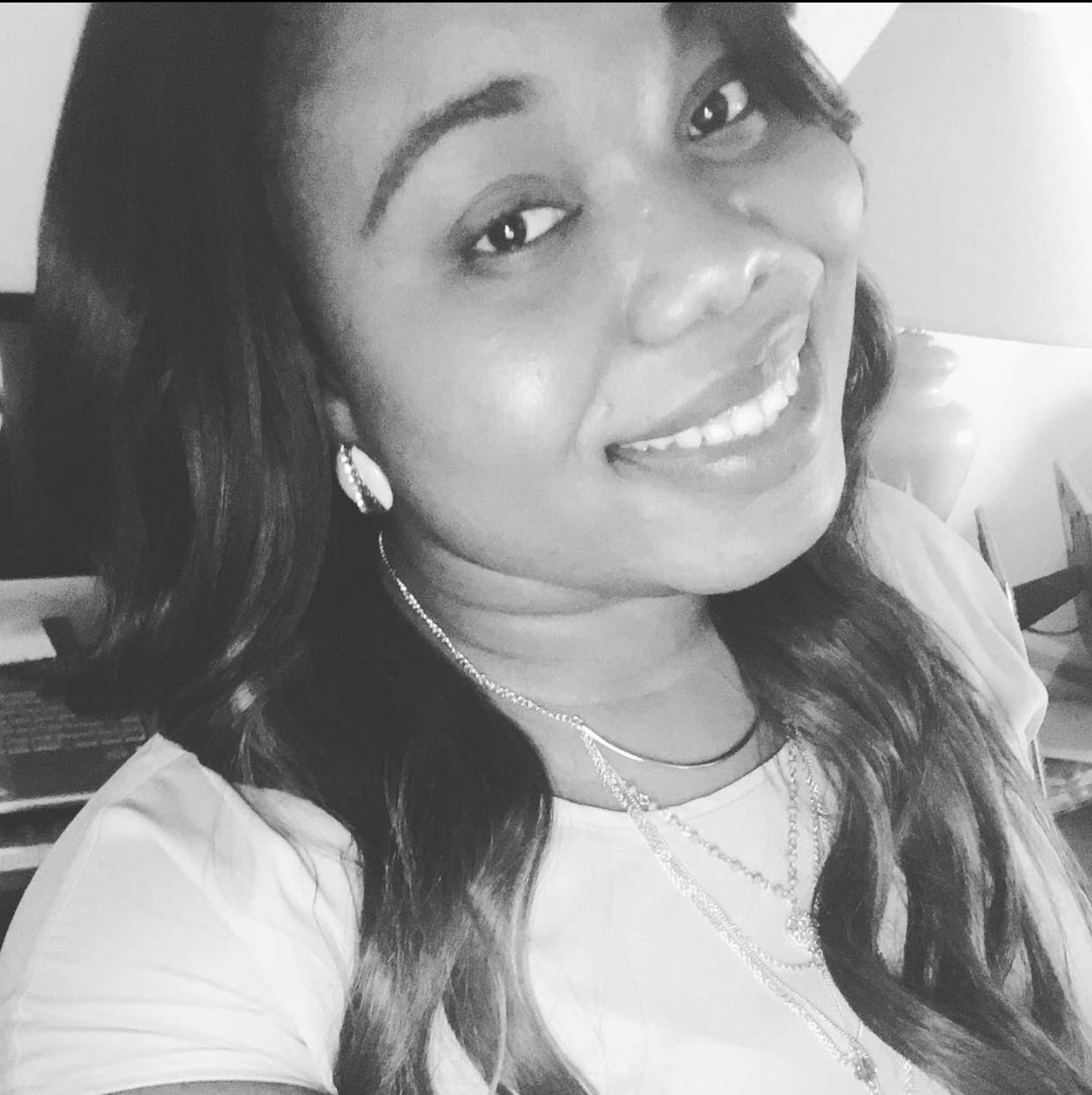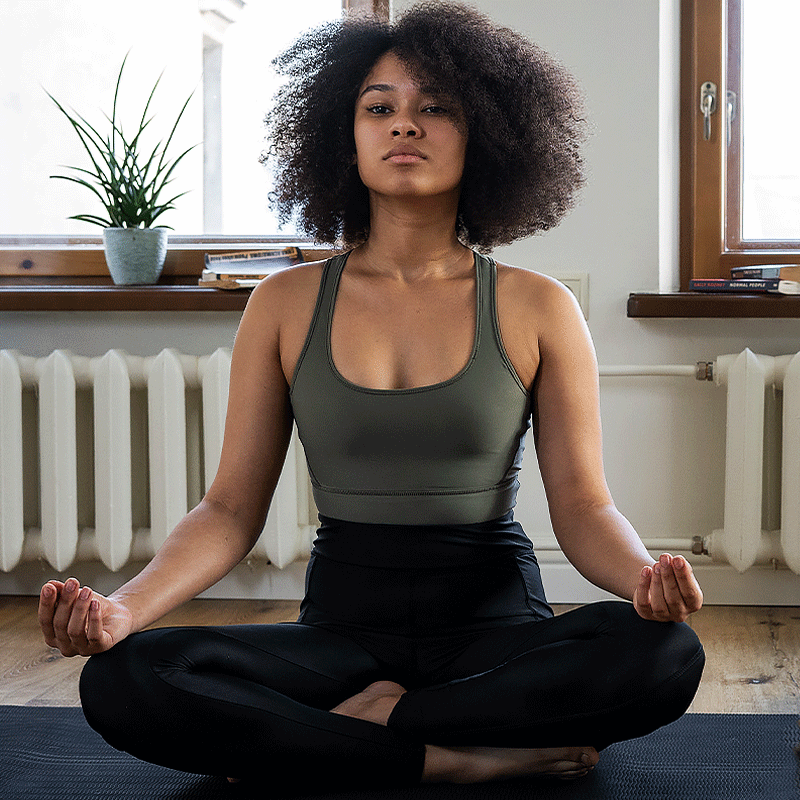When you are busy, it’s often more important to be mindful of your mental health. It is so easy to get carried away with your day, whether your day is good or bad, and be completely immersed with it. This is a good thing. Keeping busy is a great way to feel a sense of achievement every day and in turn, this regulates your dopamine releases in a healthy manner.
Nonetheless, a key aspect that may detract from these benefits include forgetting just how mentally exhausted you actually are, or forgetting to spend time with the kids at home, or neglecting your elderly parents who are keen to see you visit them in their nursing home.
Before we can explain how busy people can create or adopt a regular mediation practice, perhaps it’s important to ask why they should do so. The answer to this is simple. The reason busy people should adopt some meditative values is because it allows them to be more in touch with their thoughts and what truly matters to them. When you’re in full time work and slogged with deadlines, it’s easy to think that these deadlines are the most important thing at this very moment in time.
Wake up early and meditate in the morning.
This might sound simple but to get this into a habit is not easy. The decision to meditate, especially for busy people, seems pointless because it arguably takes up time from your busy lifestyle. It means you can’t reply to those emails whilst eating breakfast and prevents you from rushing out the door to get to work 30 minutes earlier. The truth is even just 10 minutes of mindfulness will do you wonders. 10 minutes. This is not long, at all.
All you need to do is sit down somewhere upright and close your eyes. Ideally you want to do this the moment you wake up because your mental state at that point in time is in its most creative state. In doing so, you channel a lot of thoughts that are meaningful, important, and deserving of your attention.
Hopefully, these thoughts aren’t the emails that are pending but rather thoughts that are outside of your work. How is your health? Have you been exercising regularly? How are your kids doing? How are your parents doing? What are your immediate and long-term concerns? Let these thoughts run, do not let yourself be afraid of them. Too many people inundate themselves with work, to argue that they are too busy to deal with these thoughts. This is toxic behaviour. Give yourself some respect and deal with these thoughts – day by day. Alleviate some of the stress where you can and see how you go.
Have a journal to write about your meditation.
After a 10 minute sitting of meditation, it might be useful to write down some of these key concerns that you may need to address. Remember that we’re trying to make this into a habit so at the start you might feel clunky, you’re unsure of what to write. All I can advise is to write literally whatever comes to your mind. Journaling doesn’t require immense structure. It should aim to be a reflection of your current mental state.
So if your mental state is a mess right now, and that’s okay, then your writing will most likely reflect that. Naturally, you’ll sort more and more things out and eventually there will be greater clarity and structure in your writing – again, a reflection of your better mental state.
Revisit these thoughts every now and then.
The only way to improve your life is to take action. You should try to avoid victimizing yourself as being too busy to deal with these aspects. Remember that life is about a balance of so many aspects of love, career, family, friends and to neglect a portion of this will do you a disservice to the quality of your life. Your life can be so much better if you better manage all these aspects and not just distracting yourself by ‘keeping busy’.
If you’re interested in actively improving your mental health practices, book a Free Consultation with Citadel Counseling Services.

Carine Emile-Joseph
Founder and CEO of Citadel Counseling Services
Carine is a mental health therapist and mindset/Business coach. She works with women and men from all backgrounds. Her areas of focus include: self-care, boundaries, self-confidence, and business coaching. She is the founder of Citadel Counseling Services.

